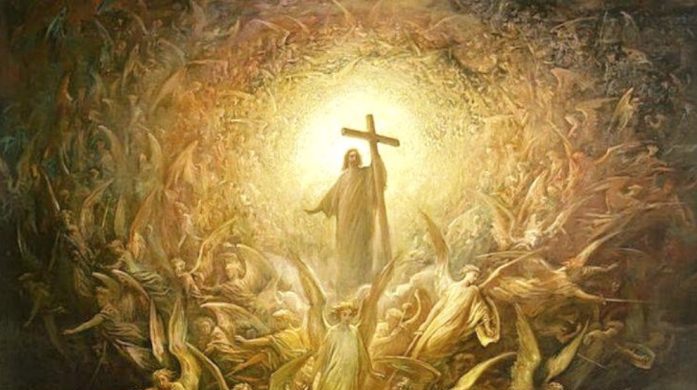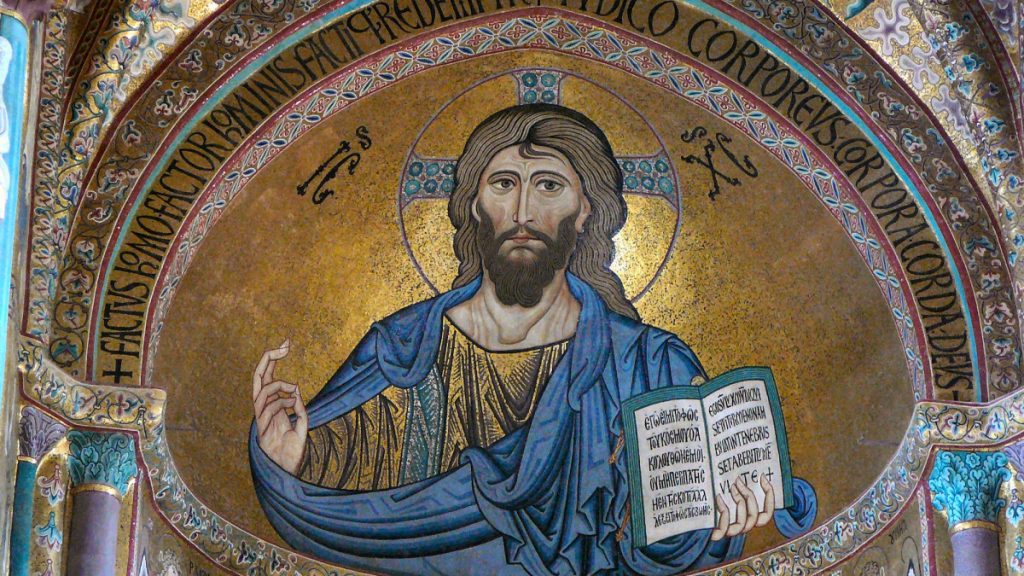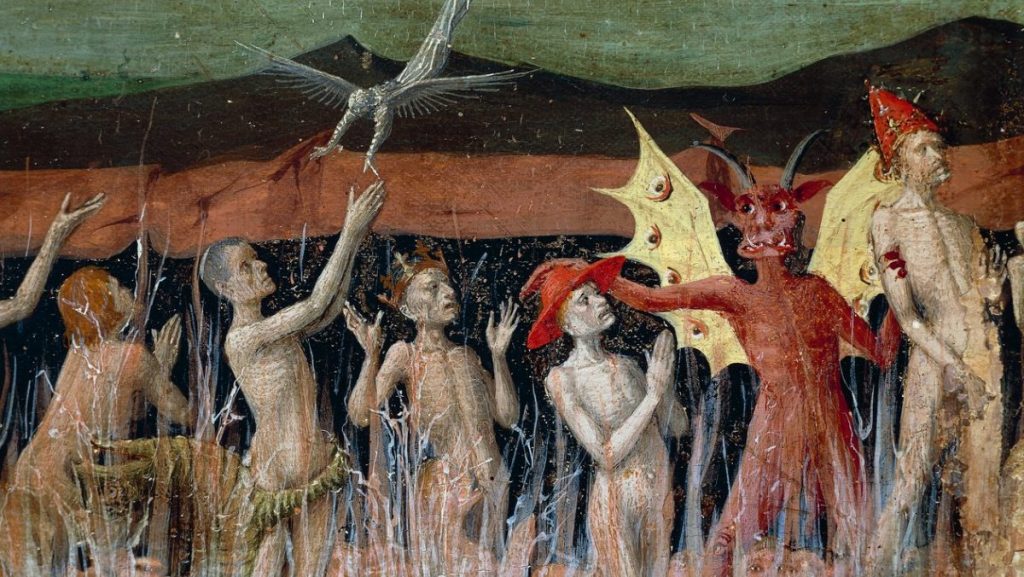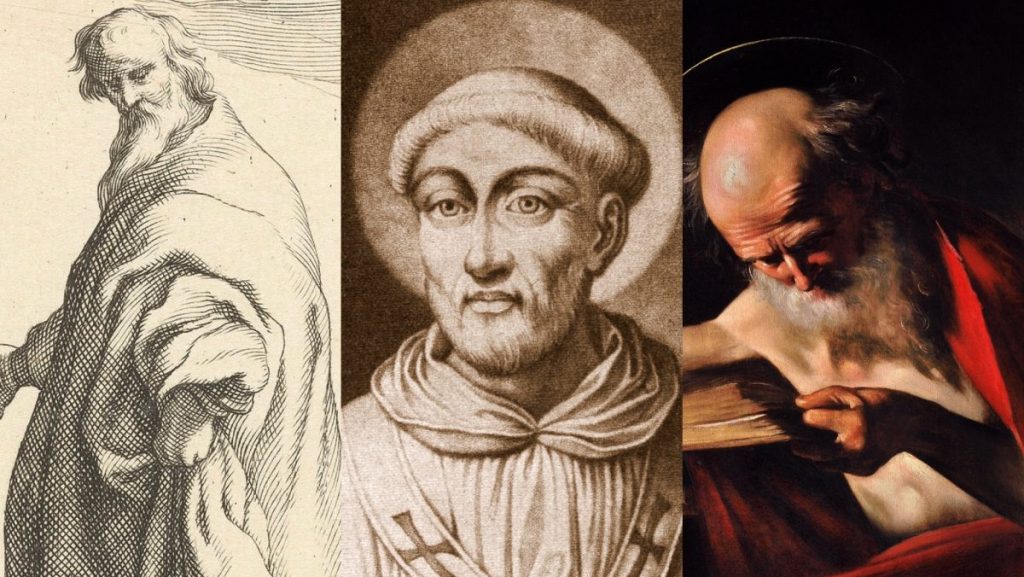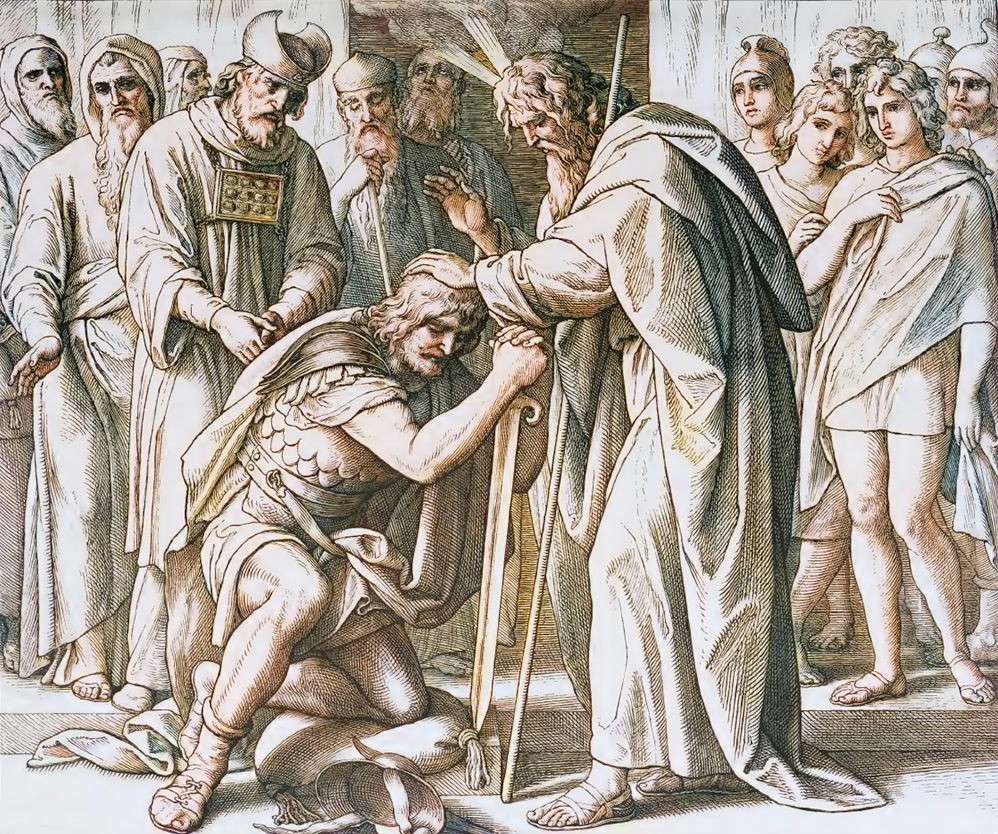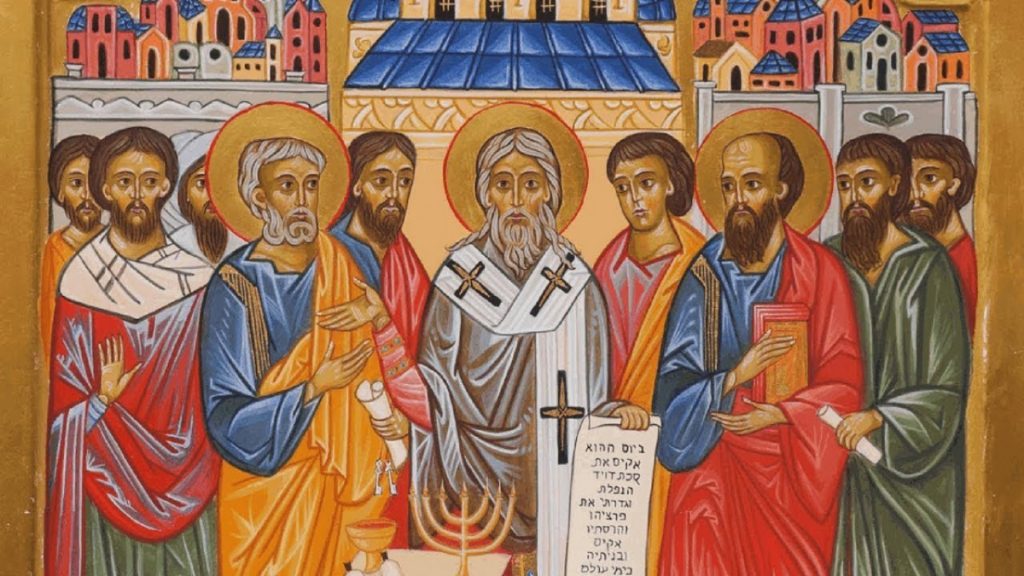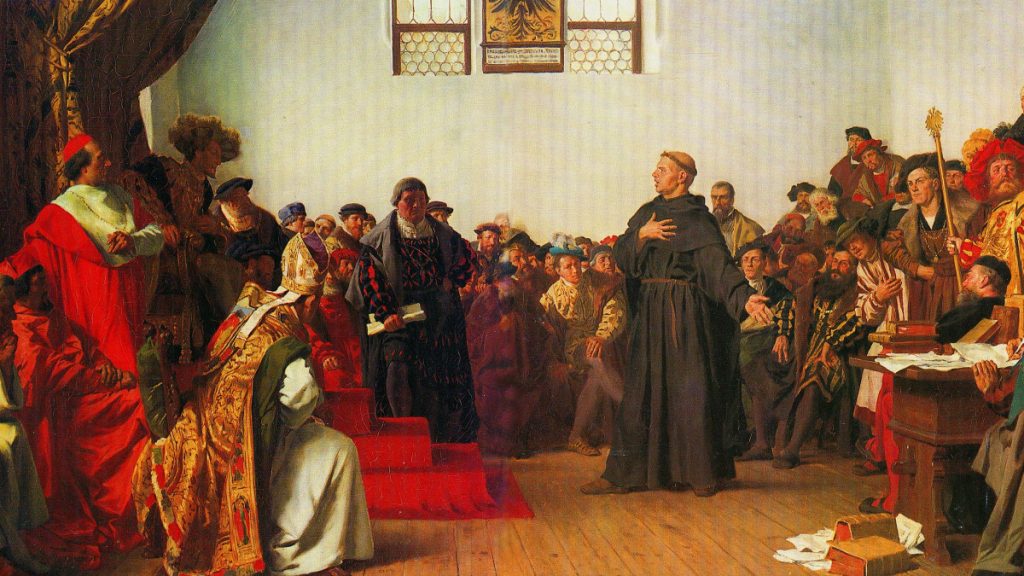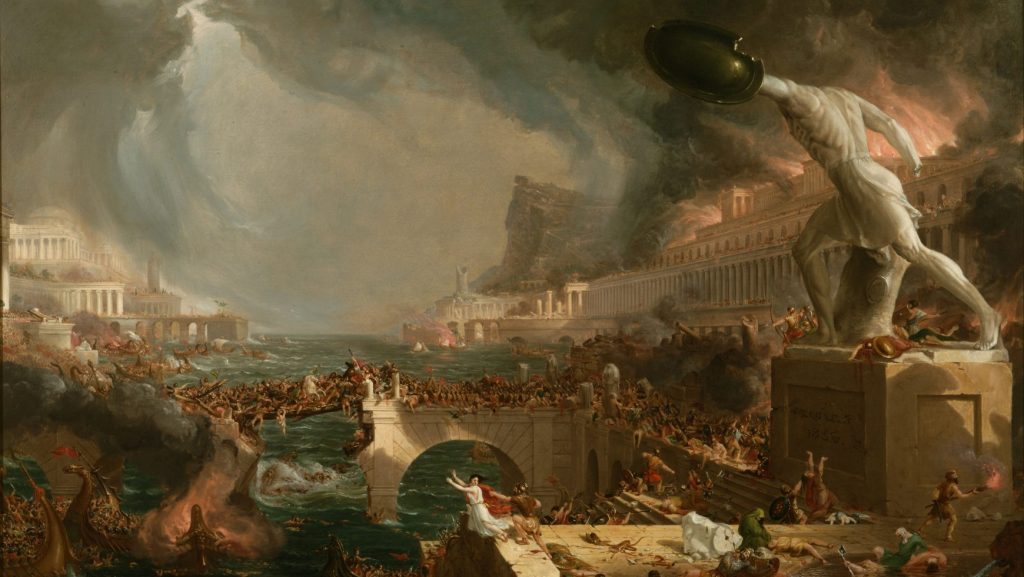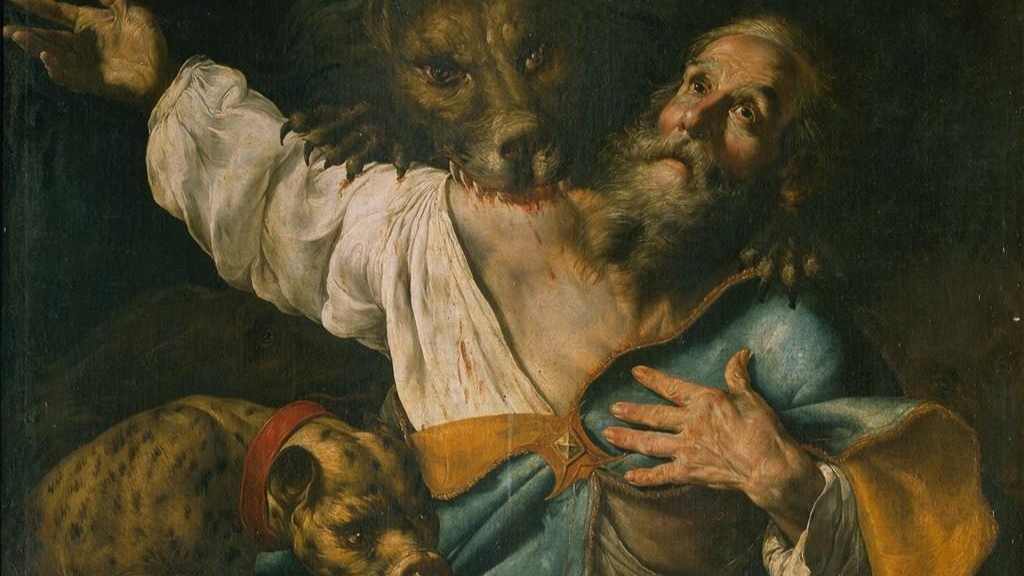(Updated August 14, 2025)
This Quote Archive is on the philosophy, theology, and history of Christendom. Each Archive is a treasury of original source quotes on various topics relevant to the Catholic Faith, and addressed in Becoming Catholic articles. They are intended to help people explore the “gold, silver, and precious gems” that have been mined and sifted from the sources of the Great Tradition by Eternal Christendom as a labor of love for our readers, and all seekers of Truth. They are periodically updated as more research is completed.
The designation of Christendom as “a great mountain” refers to the mountain prophesied in Daniel 2:35, Isaiah 2:2, etc., which is the kingdom of the Messiah.
Eusebius of Caesarea (c. 260/265-339) | EAST
Eusebius of Caesarea, The Theophania, or On the Divine Manifestation of Our Lord and Savior Jesus Christ (c. 324-37)
For, immediately and at once, when He appeared in the world, those things which appertained to the ancient service of Demons, were undone by the overthrow as it were, of (some ruinous) war-engine; tidings announcing good things were preached to all nations, and God who is over all, the Propitiator of the children of men, was announced. The whole error of a plurality of gods was also overthrown, and all the operations of demons were forthwith cast aside. Men again were no more sacrificed; nor were the slaughterings of human beings, which from former times had ruined the world, (persevered in). Nor again, were there multitudes of Rulers, Princes, Tyrants, and Governors of 155 | 156 the people. Nor again, existed those things, on account of which wars, and the reduction of cities, had been set on foot in every city and place. On the contrary, one God was preached to all men; the one empire too of the Romans had extended itself over all; and the peaceless and uncompromising enmity, which had so long been the portion of the nations, came to an entire end.
St. Athanasius (c. 296/98-373) | EAST
St. Athanasius, On the Incarnation of the Word (c. 330)
(§§46, 55)
(§46) When did men begin to desert the worshiping of idols, save since God, the true Word of God, has come among men? Or when have the oracles among the Greeks, and everywhere, ceased and become empty, save when the Savior has manifested Himself upon earth?
Or when did those who are called gods and heroes in the poets begin to be convicted of being merely mortal men, save since the Lord erected His conquest of death, and preserved incorruptible the body he had taken, raising it from the dead?
Or when did the deceitfulness and madness of demons fall into contempt, save when the power of God, the Word, the Master of all these as well, condescending because of man’s weakness, appeared on earth? Or when did the art and the schools of magic begin to be trodden down, save when the divine manifestation of the Word took place among men?
And, in a word, at what time has the wisdom of the Greeks become foolish, save when the true Wisdom of God manifested itself on earth? For formerly the whole world and every place was led astray by the worshiping of idols, and men regarded nothing else but the idols as gods. But now, all the world over, men are deserting the superstition of the idols, and taking refuge with Christ; and, worshiping Him as God, are by His means coming to know that Father also Whom they knew not.
And, marvelous fact, whereas the objects of worship were various and of vast number, and each place had its own idol, and he who was accounted a god among them had no power to pass over to the neighboring place, so as to persuade those of neighboring peoples to worship him, but was barely served even among his own people; for no one else worshiped his neighbor’s god—on the contrary, each man kept to his own idol, thinking it to be lord of all—Christ alone is worshiped as one and the same among all peoples; and what the weakness of the idols could not do—to persuade, namely, even those dwelling close at hand—this Christ has done, persuading not only those close at hand, but simply the entire world, to worship one and the same Lord, and through Him God, even His Father…
(§55) This, then, after what we have so far said, it is right for you to realize, and to take as the sum of what we have already stated, and to marvel at exceedingly; namely, that since the Savior has come among us, idolatry not only has no longer increased, but what there was is diminishing and gradually coming to an end: and not only does the wisdom of the Greeks no longer advance, but what there is is now fading away: and demons, so far from cheating any more by illusions and prophecies and magic arts, if they so much as dare to make the attempt, are put to shame by the sign of the Cross.
And to sum the matter up: behold how the Savior’s doctrine is everywhere increasing, while all idolatry and everything opposed to the faith of Christ is daily dwindling, and losing power, and falling. And thus beholding, worship the Savior, “Who is above all” and mighty, even God the Word; and condemn those who are being worsted and done away by Him.
For as, when the sun is come, darkness no longer prevails, but if any be still left anywhere it is driven away; so, now that the divine Appearing of the Word of God is come, the darkness of the idols prevails no more, and all parts of the world in every direction are illumined by His teaching.
And as, when a king is reigning in some country without appearing but keeps at home in his own house, often some disorderly persons, abusing his retirement, proclaim themselves; and each of them, by assuming the character, imposes on the simple as king, and so men are led astray by the name, hearing that there is a king, but not seeing him, if for no other reason, because they cannot enter the house; but when the real king comes forth and appears, then the disorderly impostors are exposed by his presence, while men, seeing the real king, desert those who previously led them astray.
In like manner, the evil spirits formerly used to deceive men, investing themselves with God’s honor; but when the Word of God appeared in a body, and made known to us His own Father, then at length the deceit of the evil spirits is done away and stopped, while men, turning their eyes to the true God, Word of the Father, are deserting the idols, and now coming to know the true God.
Now this is a proof that Christ is God the Word, and the Power of God. For whereas human things cease, and the Word of Christ abides, it is clear to all eyes that what ceases is temporary, but that He Who abides is God, and the true Son of God, His only-begotten Word.
St. Ephrem the Syrian (c. 306-373) | EAST
St. Ephrem the Syrian, Homily on Our Lord
But the dead idols, with their closed mouths, used to feed on the life of the worshipers…
St. Gregory of Nyssa (c. 335-395) | EAST
St. Gregory of Nyssa, Catechetical Discourse
(Part 3, Ch. 18, §§1-3)2
(§1) And yet perhaps it is superfluous for those who believe that God has sojourned in [human] life to object to [his] presence as not taking place with wisdom and superior reason; for those who are not violent in fighting against the truth there is no small proof of the divine sojourn, one that is manifest in the present life even before the life to come—I mean the testimony of the facts themselves.
(§2) For who does not know how the deceit of demons had filled every part of the inhabited world, having mastered the life of men through the madness of idolatry? [Or] how this was customary for all the peoples in the world, worshiping demons by means of idols, with animal sacrifice and pollutions upon [their] altars? 103 | 104
(§3) But from when, as the Apostle says, “the saving grace of God appeared to all men” (Tit. 2:11) by sojourning in human nature, all like smoke departed into non-being, so that the madness of oracles and soothsayers ceased, annual processions and the blemishes of the blood of hecatombs was abolished, and among most of the peoples altars and temple gateways and sacred precincts by the worshipers of demons to the deception both of themselves and of those who chanced upon them, so that in many of the places it is not even remembered if these things had ever happened, but in all the inhabited world temples and altars have arisen in Christ’s name, and the august and bloodless priesthood, and the lofty philosophy, which is directed more by deed than by word, and contempt for bodily life and disdain for death, which those who were compelled by tyrants to abandon the faith manifestly exhibited, accepting the body’s torments and the sentence of death as if it were nothing. 104 | 105
Obviously they would not withstand these things unless they had a clear and indisputable proof of the divine sojourn.
St. Augustine (354-430) | WEST
St. Augustine, Sermon 80: On the Miracle of the Five Loaves and Fishes
He came, He bound the strong one with the bonds of His Passion; He entered into his house [Matt. 12:29] into the hearts, that is, of those where he did dwell, and took away his vessels. We are his vessels. He had filled them with his own bitterness. This bitterness too he pledged to our Redeemer in the gall. He had filled us then as his vessels; but our Lord spoiling his vessels, and making them His Own, poured out the bitterness, filled them with sweetness.
Footnotes
- Eusebius of Caesarea, Samuel Lee, trans., The Theophania, or Divine Manifestation of Our Lord and Savior Jesus Christ (Cambridge: Duncan and Malcolm, 1843), 155-56. ↩︎
- St. Gregory of Nyssa, Ignatius Green, trans., Popular Patristics, Vol. 60:Catechetical Discourse: A Handbook for Catechists (Yonkers, NY: St. Vladimir’s Seminary Press, 2019), 103-105. ↩︎
